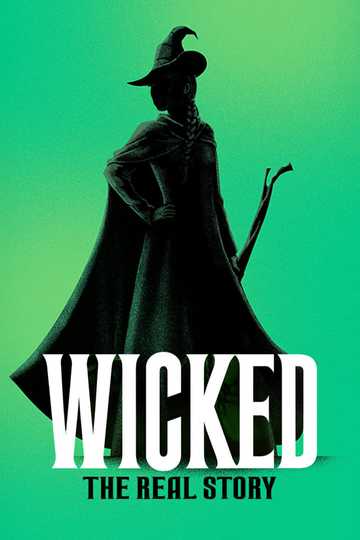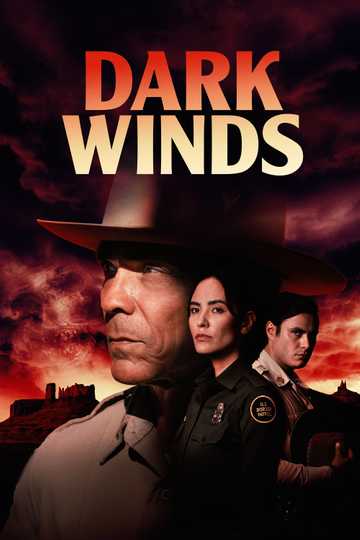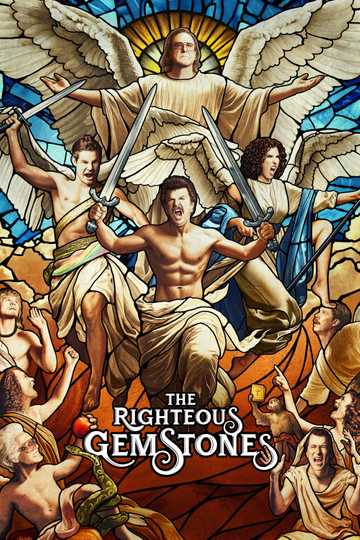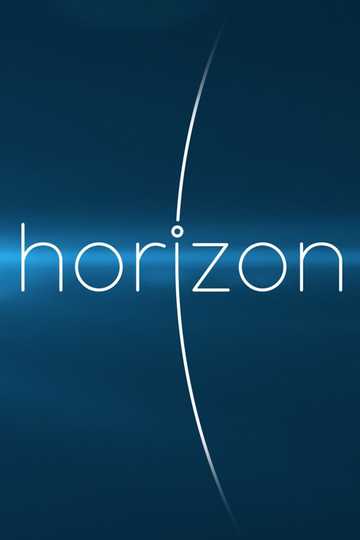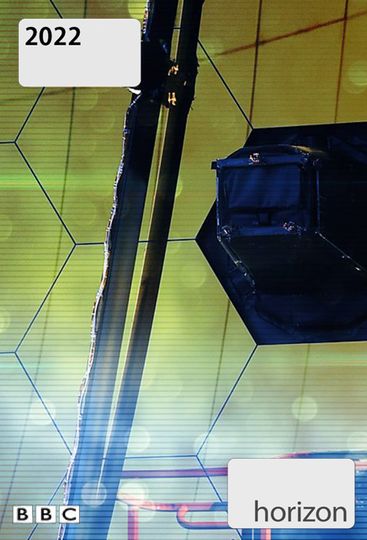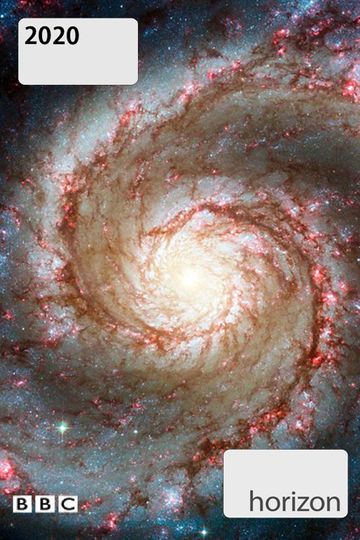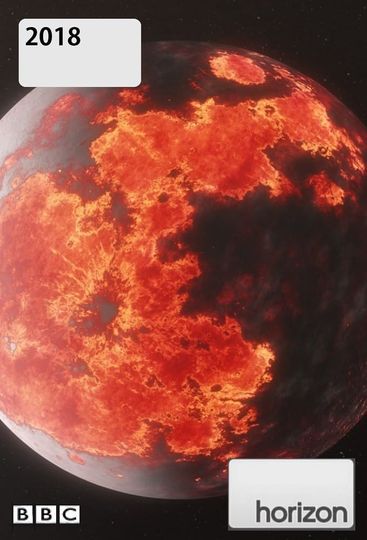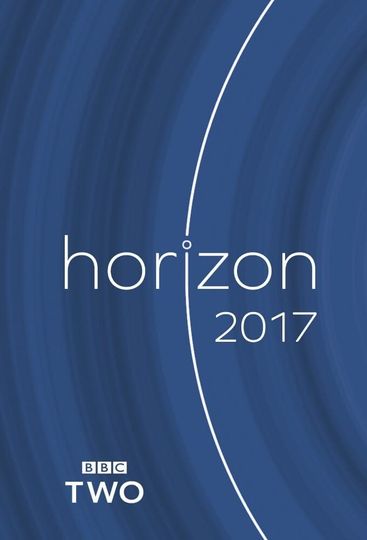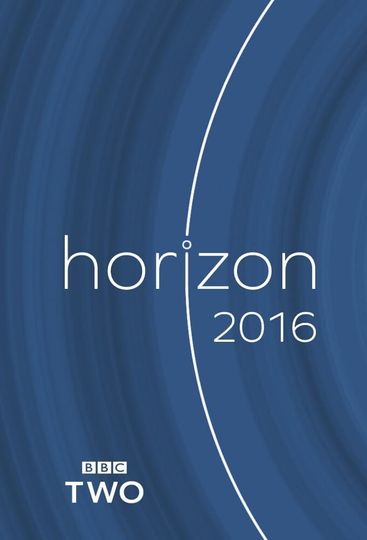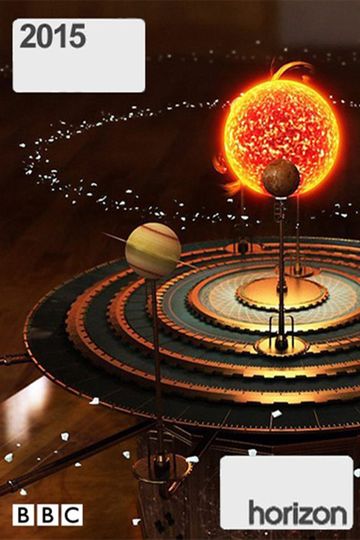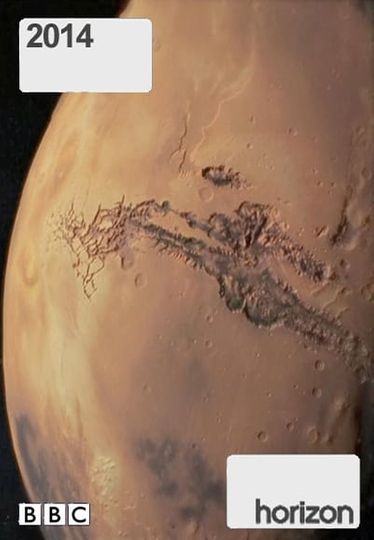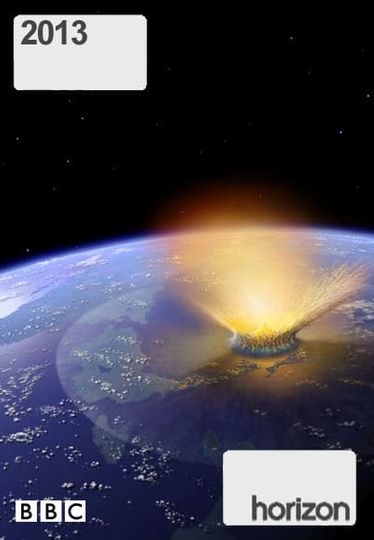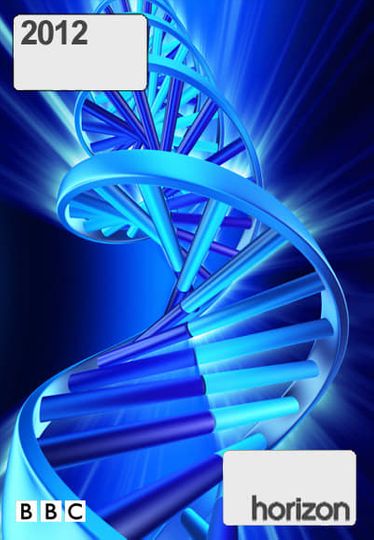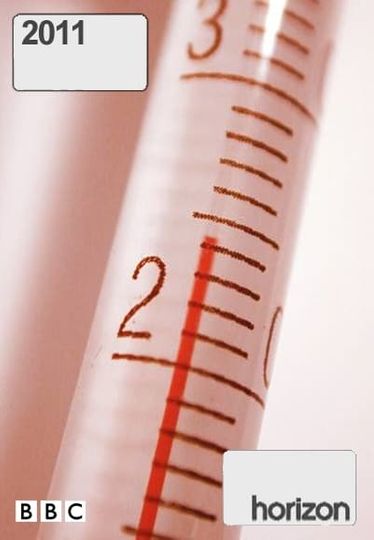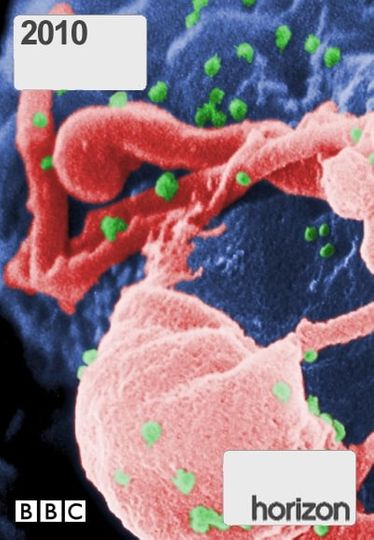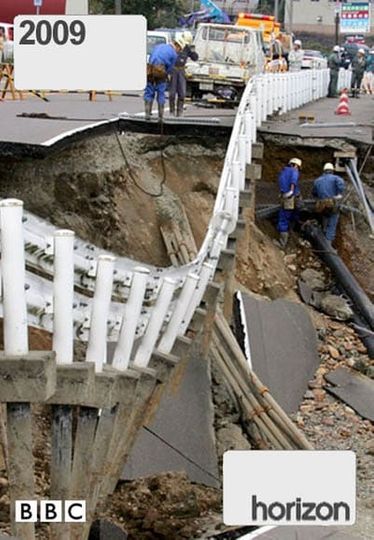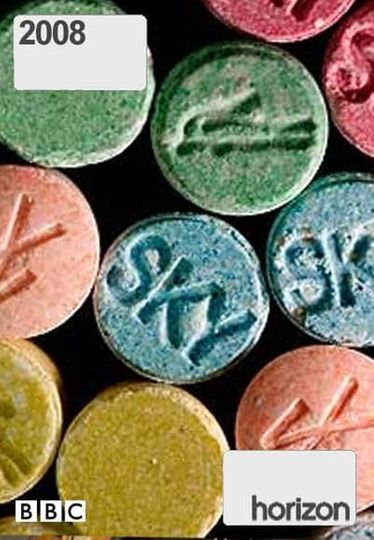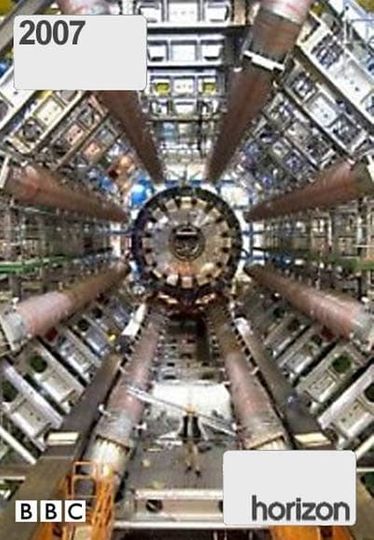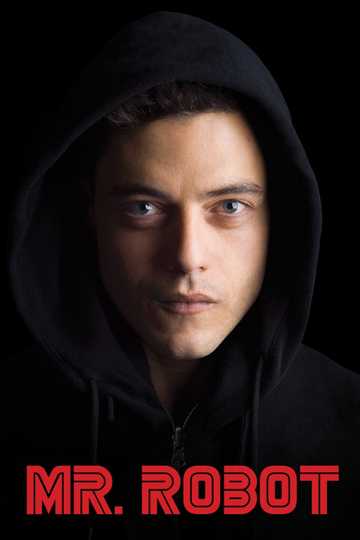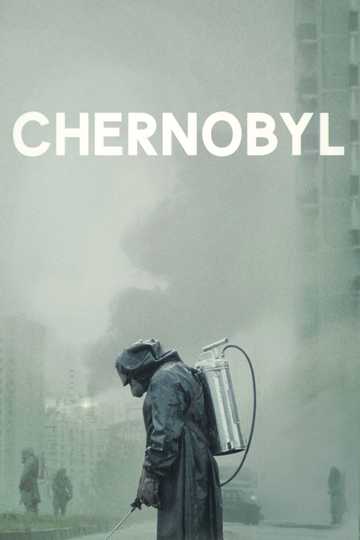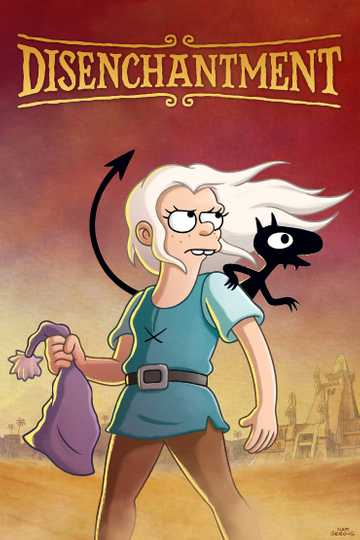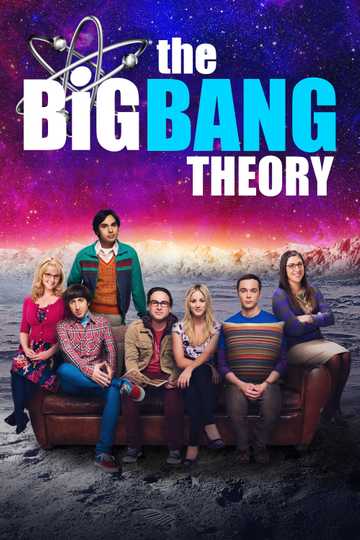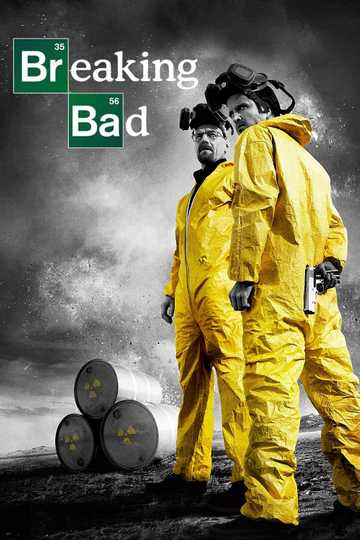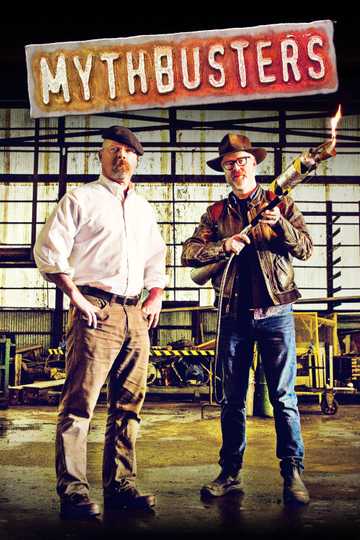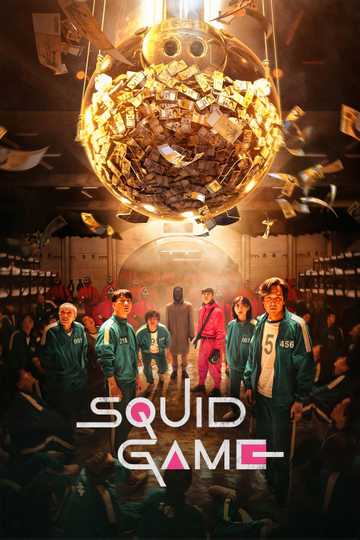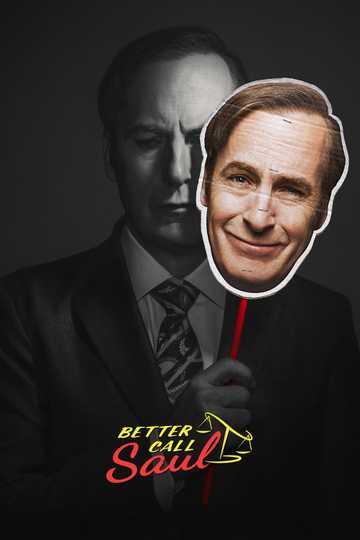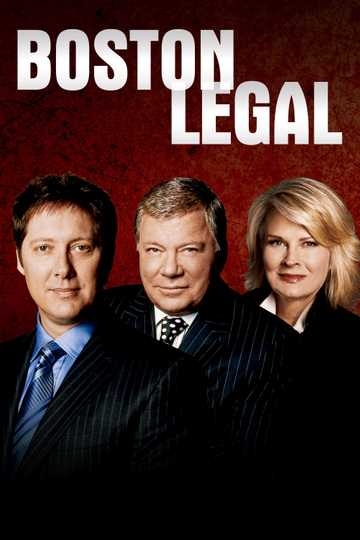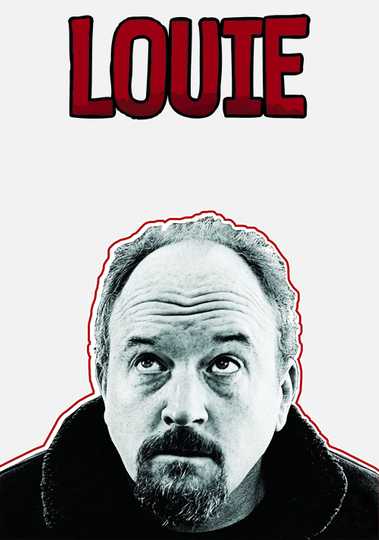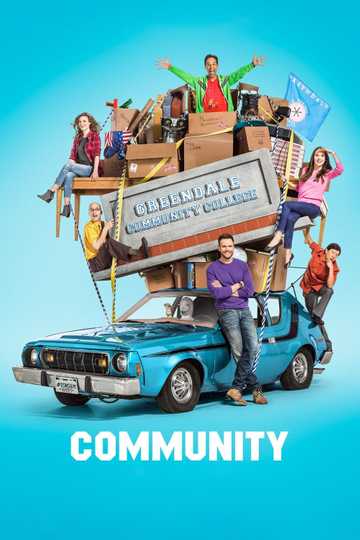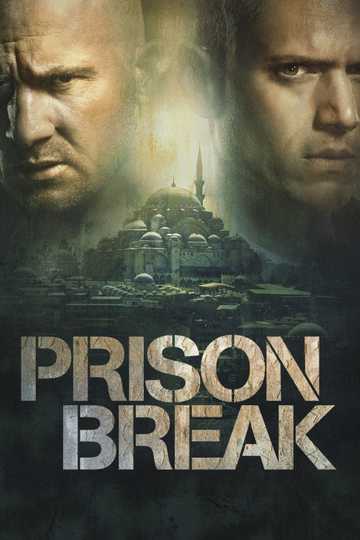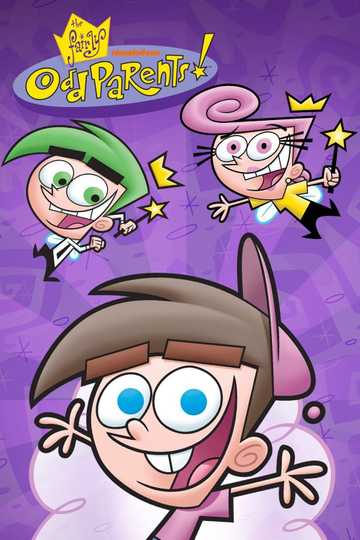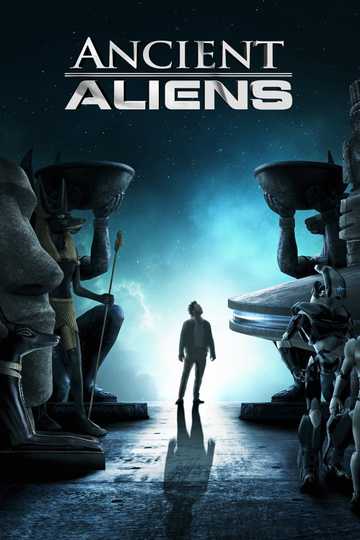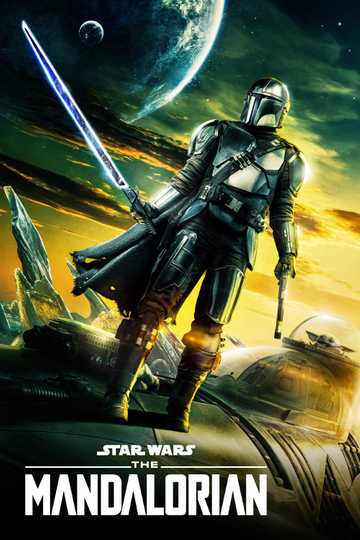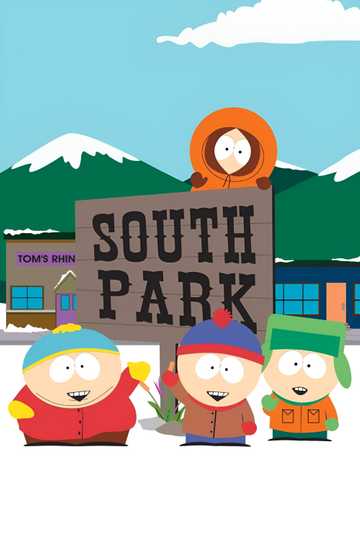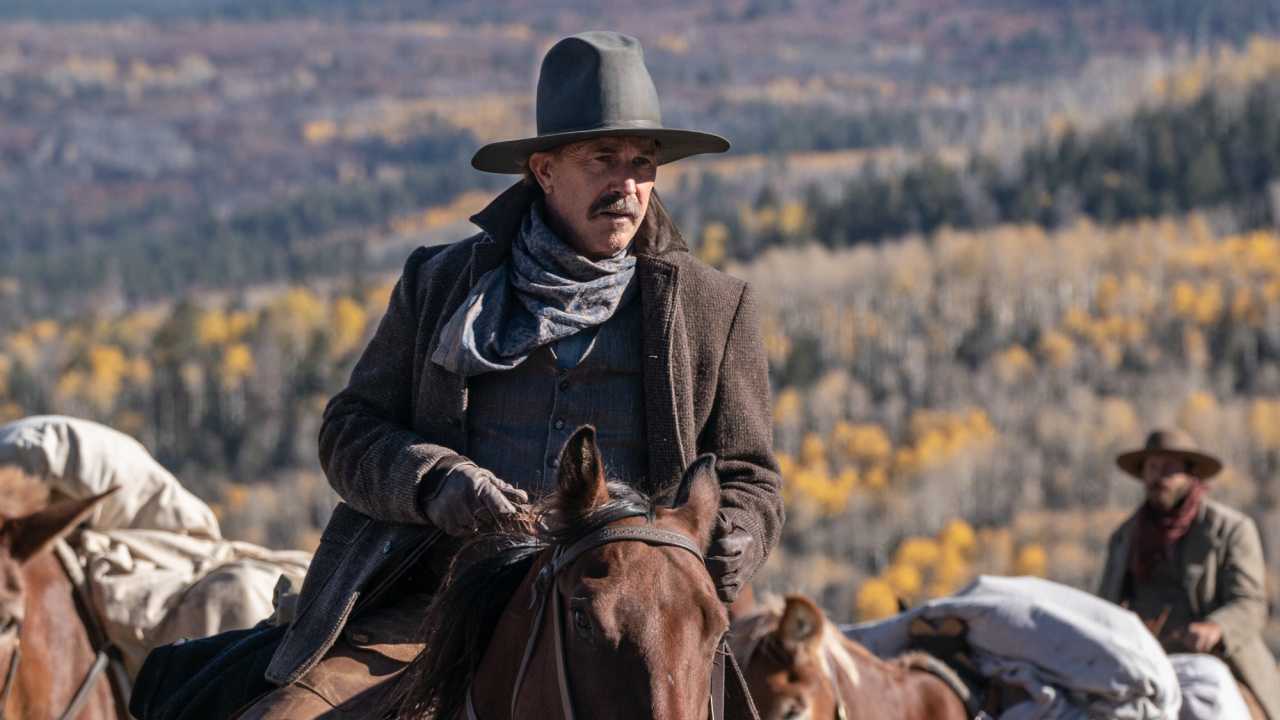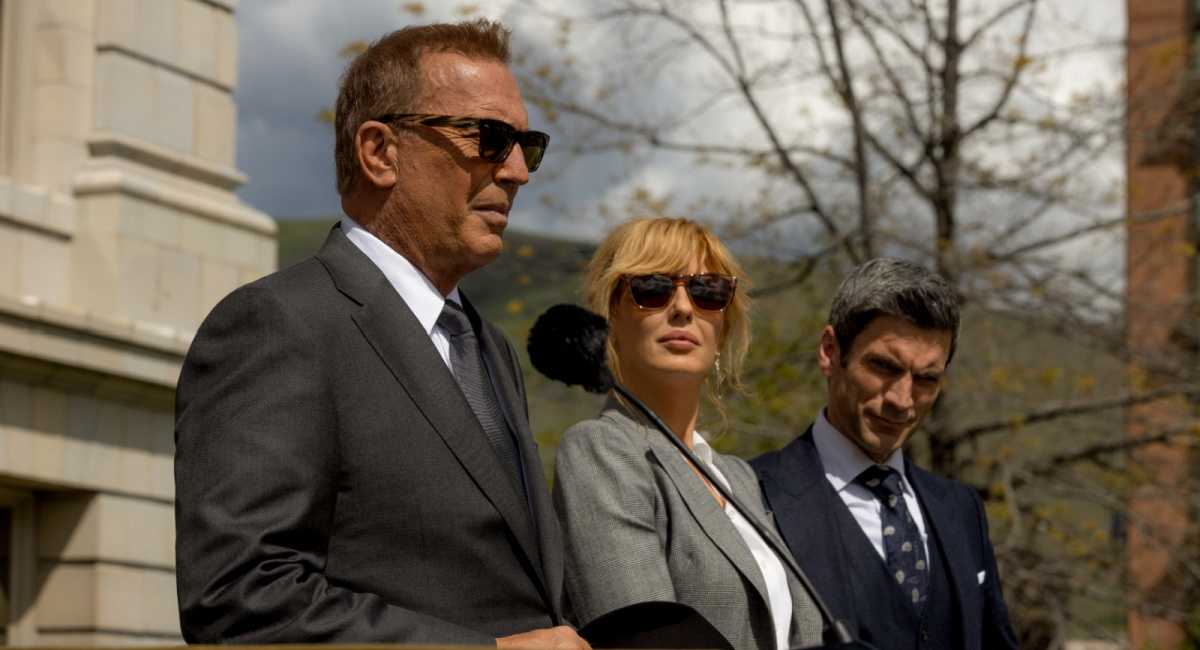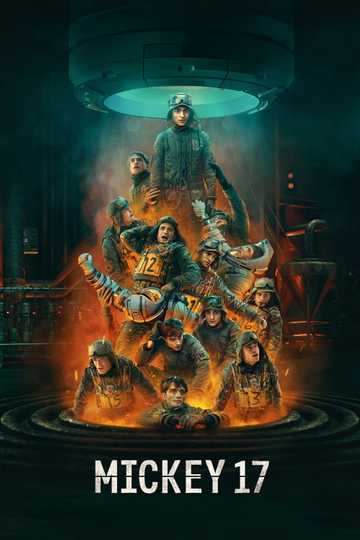2009 Episodes
1. Why Are Thin People Not Fat?
The world is affected by an obesity epidemic, but why is it that not everyone is succumbing? Medical science has been obsessed with this subject and is coming up with some unexpected answers. As it turns out, it is not all about exercise and diet. At the centre of this programme is a controversial overeating experiment that aims to identify exactly what it is about some people that makes it hard for them to bulk up.
2. Cannabis: The Evil Weed?
Cannabis is the world's favourite drug, but also one of the least understood. Can cannabis cause schizophrenia? Is it addictive? Can it lead you on to harder drugs? Or is it simply a herb, an undervalued medicine? Addiction specialist Dr John Marsden discovers that modern science is finally beginning to find answers to these questions. John traces the cannabis plants' birthplace in Kazakhstan; finds the origins of our sensitivity to cannabis in the simple sea squirt; and finds out just what it does to our brains. He meets people who have been changed by this drug in drastically different ways - from those whose lives have been shattered to those who lives have been revived.
3. Why Do We Dream?
Horizon uncovers the secret world of our dreams. In a series of cutting-edge experiments and personal stories, we go in search of the science behind this most enduring mystery and ask: where do dreams come from? Do they have meaning? And ultimately, why do we dream? What the film reveals is that much of what we thought we knew no longer stands true. Dreams are not simply wild imaginings but play a significant part in all our lives as they have an impact on our memories, the ability to learn, and our mental health. Most surprisingly, we find nightmares, too, are beneficial and may even explain the survival of our species.
4. Can We Make a Star on Earth?
Professor Brian Cox takes a global journey in search of the energy source of the future. Called nuclear fusion, it is the process that fuels the sun and every other star in the universe. Yet despite over five decades of effort, scientists have been unable to get even a single watt of fusion electricity onto the grid. Brian returns to Horizon to find out why. Granted extraordinary access to the biggest and most ambitious fusion experiments on the planet, Brian travels to the USA to see a high security fusion bomb testing facility in action and is given a tour of the world's most powerful laser. In South Korea, he clambers inside the reaction chamber of K-Star, the world's first super-cooled, super-conducting fusion reactor where the fate of future fusion research will be decided.
5. The Secret Life of Your Bodyclock
Why are you more likely to have a heart attack at eight o'clock in the morning or crash your car on the motorway at two o'clock in the afternoon? Can taking your medication at the right time of day really save your life? And have you ever wondered why teenagers will not get out of bed in the morning? The answers to these questions lie in the secret world of the biological clock.
6. What's the Problem with Nudity?
What is wrong with nudity? Why are people embarrassed about their bodies? How and why did they get the way they are? Horizon takes a group of volunteers and subjects them to a series of psychological and physical tests to challenge attitudes to the naked human form. The questions raised strike at the heart of human physical and social evolution. Human beings are the only creatures that can be 'naked' - but why, how and when did people lose their fur? That question takes Horizon around the world to meet scientists from Africa to Florida, and they are finding answers in unexpected places: the chest hair of Finnish students, the genetic history of lice, and the sweat of an unusual monkey. It turns out that something everyone takes for granted may hold the key to the success of the entire human species.
7. How to Survive a Disaster
When disaster strikes who lives and who dies is not purely a matter of luck. In every disaster, from those people face once in a lifetime, to those they face every day, there are things that can be done to increase the chances of getting out alive. Horizon has gathered a team of leading experts to produce the ultimate guide to disaster survival. Through controversial experiments, computer simulations and analysis of hundreds of survivor testimonies from plane crashes to ferry disasters and even 9/11, they will reveal what happens in the mind in the moment of crisis and how the human brain can be programmed for survival.
8. Who Do You Want Your Child to Be?
David Baddiel, father of two, sets out to answer one of the greatest questions a parent can ask: how best to educate your child. Taking in the latest scientific research, David uncovers some unconventional approaches: from the parent hot-hosing his child to record-breaking feats of maths, to a school that pays hard cash for good grades. David witnesses a ground-breaking experiment that suggests a child's destiny can be predicted at four, and hears the three little words that can ruin a child's chance of success for good. He also uncovers the neurological basis for why teenagers can be stroppy and explosive and has his own brain tinkered with to experience what it is like to struggle at school. Through it all, David's quest remains true: to maximise his child's potential for success and happiness.
9. Why Can't We Predict Earthquakes?
Last century, earthquakes killed over one million, and it is predicted that this century might see ten times as many deaths. Yet when an earthquake strikes, it always takes people by surprise. So why hasn't science worked out how to predict when and where the next big quake is going to happen? This is the story of the men and women who chase earthquakes and try to understand this mysterious force of nature. Journeying to China's Sichuan Province, which still lies devastated by the earthquake that struck in May 2008, as well as the notorious San Andreas Fault in California, Horizon asks why science has so far fallen short of answering this fundamental question.
10. Alan and Marcus Go Forth and Multiply
Ever since he was at school, actor and comedian Alan Davies has hated maths. And like many people, he is not much good at it either. But Alan has always had a sneaking suspicion that he was missing out. So, with the help of top mathematician Professor Marcus du Sautoy, Alan is going to embark on a maths odyssey. Together they visit the fourth dimension, cross the universe and explore the concept of infinity. Along the way, Alan does battle with some of the toughest maths questions of our age. But did his abilities peak 25 years ago when he got his grade C O-Level? Or will Alan be able to master the most complex maths concept there is?
11. How Violent Are You?
What makes ordinary people commit extreme acts of violence? Michael Portillo investigates the dark side of human nature, and discovers what it is like to inflict pain.



